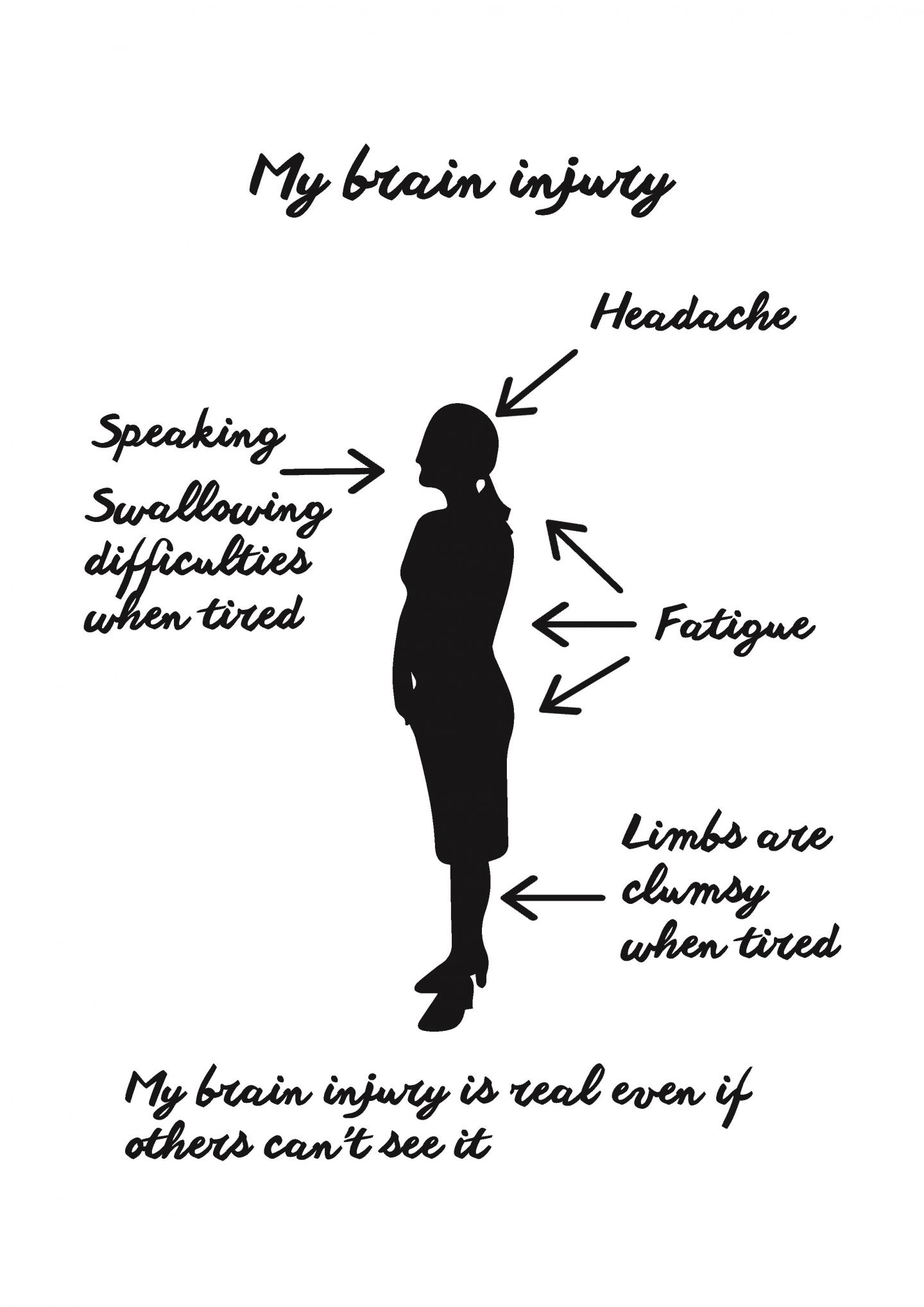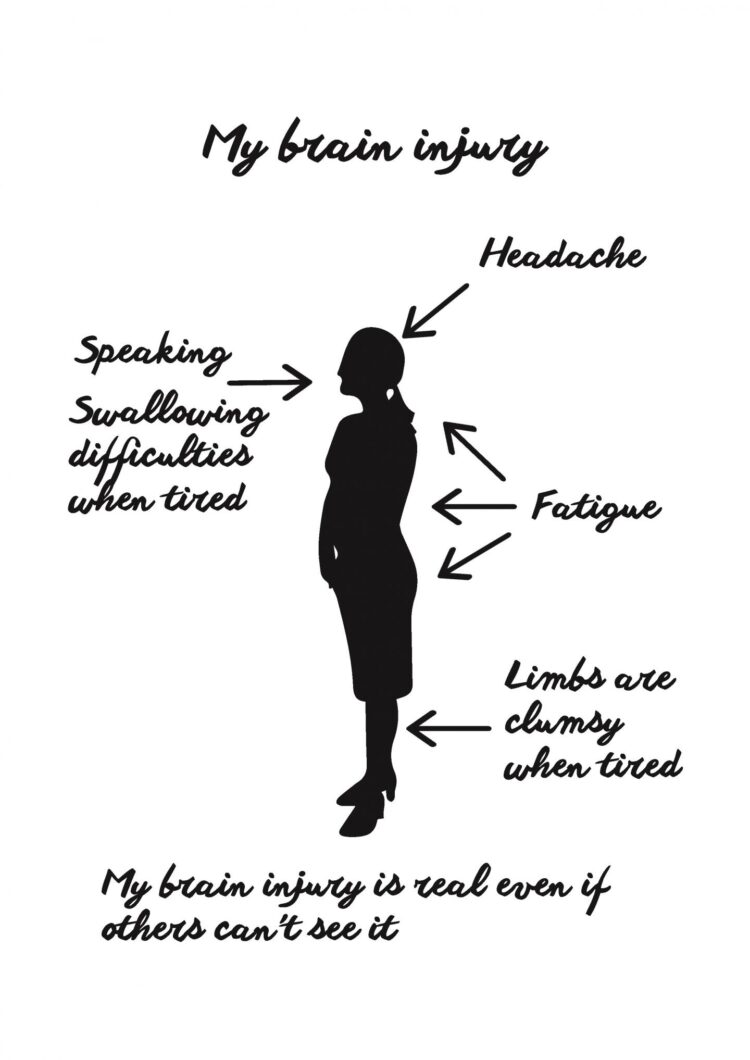NeuroRehabilitation sheds light on the relationship between stress and pain following TBI and its implications for rehabilitation

Credit: St. Josephs Health Care, London, ONT, Canada
Amsterdam, NL, August 18, 2020 – Traumatic brain injury (TBI) is a leading cause of death and disability. Post-injury distress is common, with many individuals experiencing chronic anxiety and depressive symptoms as well as chronic pain. In this collection of articles in the journal NeuroRehabilitation, experts report on findings that shed light on the relationship between stress and pain following a TBI and implications for rehabilitation.
Fifty million people globally sustain a TBI every year, with an estimated yearly cost of around $400 billion. TBI may significantly impact a person’s social, cognitive, emotional, and behavioral functioning, which may hamper a return to previous roles.
“The brain, in concert with the body’s systems, orchestrates the response to stress, the goal being to reduce uncertainty and ensure existence,” explained guest editor Gary Goldberg, BASc, MD, Department of Physical Medicine and Rehabilitation, Medical College of Virginia / Virginia Commonwealth University Healthcare System, Richmond, VA. “This adaptive response to stress is called ‘allostasis.’ A brain injury increases the likelihood of chronic allostatic overload, or chronic stress, in some patients, making them more prone to a variety of stress-related physical ailments, including chronic pain and posttraumatic stress syndrome.”
The papers provide important insights into the relationship between stress and the experience of pain in the general context of brain impairment produced by brain injury, the implications of this work for brain injury rehabilitation, and recommendations for future directions.
Key observations:
- How a patient attempts to cope with the injury and the associated existential uncertainty it produces can have major implications for the functional consequences in real-life terms.
- How best to address dysfunctional coping precipitated by the injury. Patients’ passive coping and avoidance may limit exposure to negative provocative experiences in the short term, but in the long term, entrenched avoidance, supported by the fear-driven belief that emotionally provocative experience will be intolerable and self-endangering, can lead to social isolation, anxiety, depression, and the burden of chronic allostatic overload.
- How best to assist patients in overcoming entrenched avoidance beliefs, which may involve, for example, positive social experience in group therapy and structured individual psychotherapy such as acceptance and commitment therapy and cognitive-behavioral psychotherapy.
- How to support the beneficial aspects of allostasis, avoid the development of chronic allostatic overload and the energetic crises and accumulation of stress-related debilitating conditions, such as chronic pain, that it can precipitate, and assist patients through whatever means may be most effective.
A novel study by Amanda McIntyre, PhD, RN, Parkwood Institute, St. Josephs Health Care, London, ONT, Canada, and colleagues highlights the presence of significant distress among certain individuals who have experienced acquired brain injury and the role of specific personality trait characteristics on mood and reported quality of life. Patients who reported increased anxiety sensitivity and experiential avoidance in the process of coping with their injury experienced a more depressed mood and reduced quality of life, while individuals who reported substantially less anxiety sensitivity and experiential avoidance may represent individuals with more effective coping strategies in place, resulting in better management of stress and less difficulty with mental distress and depression.
Stephen Walsh, PhD, Department of Psychology, Manchester Metropolitan University, Birley, UK, and colleagues report the case of an individual who suffered a severe frontal lobe TBI following a competitive cycling accident. They noted that the sense of self-worth that individuals derive from social relationships and belonging to social groups may play a key role in determining health and wellbeing. Using interpretative phenomenological analysis, they concluded that paradox, shifting perspectives, and stress due to uncertainty were identified themes in the reported experience of the individual studied. They argued that one cannot fully appreciate the effects of an injury without taking a relational approach that recognizes the impact of the injury in interaction with the social context of the injured person.
“As illustrated by these two studies, the whole question of how best to treat persisting symptoms associated with TBI may well have less to do with the specific details of the physical injury itself, and more to do with multiple other environmental and intrinsic factors influencing how the injured person is coping with the overall experiential impact and stress precipitated by the injury and its complex real-life repercussions,” noted Dr. Goldberg. “Research into assisting individuals in the development of resilience and the capacity for ‘letting go’ of maladaptive beliefs may lead to significant improvements in clinical outcomes in individuals who struggle with the negative impact of chronic stress.”
“What is required is an optimal integration of insights obtained through conventional functional neuroscience–for example, with respect to neuropsychopharmacology and the operation of functional brain networks–and insights obtained through a relational, whole-person perspective that recognizes and fully honors and engages the subjective being, personality, and social context of the person whose existential struggles we as healthcare professionals are obligated and entrusted to help mitigate,” he concluded.
###
Media Contact
Dana Murray
[email protected]





